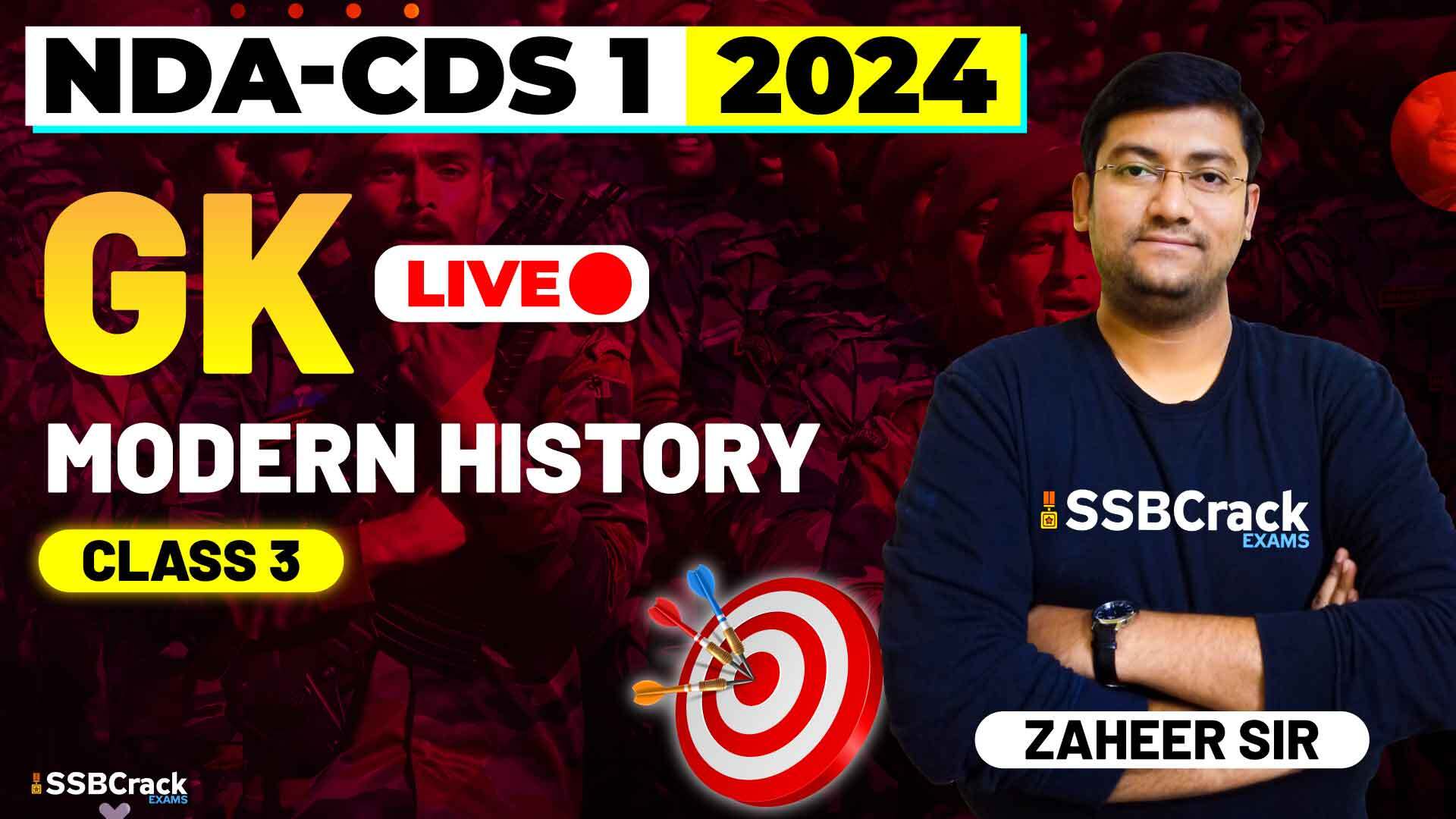Aspirants preparing for the National Defence Academy (NDA) and Combined Defence Services (CDS) exams understand the paramount importance of being well-versed in Modern Indian History. Among the plethora of subjects to cover, the segment focusing on the Indian National Congress (INC), Moderates, Extremists, and Revolutionaries holds significant weight. Here’s why mastering this topic is crucial for cracking the upcoming NDA & CDS 1 2024 exams.
Understanding the Foundation: Indian National Congress
The Indian National Congress, founded in 1885, marks the genesis of India’s freedom struggle. Its evolution from a platform for expressing grievances to a driving force behind the independence movement is integral to understanding the socio-political landscape of colonial India. Aspirants need to grasp the Congress’s role in advocating for Indian interests and its strategies for seeking reforms within the British colonial framework.
The Dichotomy of Strategies: Moderates vs. Extremists
Within the Indian National Congress, a schism emerged between the Moderates and the Extremists. The Moderates, led by figures like Dadabhai Naoroji and Gopal Krishna Gokhale, believed in constitutional means and dialogue with the British to achieve reforms. On the other hand, Extremists, led by Bal Gangadhar Tilak, Bipin Chandra Pal, and Lala Lajpat Rai, advocated for more assertive and radical methods, including boycotts and agitations.
Understanding this dichotomy is crucial for aspirants as it reflects different ideological approaches within the freedom movement. Moreover, questions in the exams often delve into the reasons behind the divide and its implications on the nationalist movement.
Revolutionary Ideals: A Catalyst for Change
Alongside the Congress, revolutionary movements played a pivotal role in India’s struggle for independence. From the Kakori Conspiracy to the Chauri Chaura incident, revolutionaries like Bhagat Singh, Chandrashekhar Azad, and Subhas Chandra Bose inspired millions with their valor and sacrifice. Aspirants must comprehend the ideologies, methods, and contributions of these revolutionaries, as questions related to their actions and impact frequently appear in the exams.
Why This Class Matters
- Comprehensive Coverage: The class provides a comprehensive understanding of Modern Indian History, ensuring that aspirants are well-prepared for any question that may appear in the exam.
- Strategic Insights: By dissecting the strategies of the Congress, Moderates, Extremists, and Revolutionaries, aspirants gain insights into the varied approaches employed during the freedom struggle, thereby enhancing their analytical abilities.
- MCQ Solving Sessions: The inclusion of MCQ solving sessions allows aspirants to test their knowledge and familiarize themselves with the exam format, ultimately boosting their confidence and performance on the day of the exam.
- Relevance to Current Affairs: Understanding India’s freedom struggle is not just essential for the exams but also provides a historical context to contemporary socio-political issues, thereby enriching aspirants’ overall understanding of the country’s journey.
In conclusion, mastering Modern Indian History, particularly the topics of the Indian National Congress, Moderates, Extremists, and Revolutionaries, is indispensable for aspirants aiming to crack the NDA & CDS exams. This class equips them with the knowledge, insights, and skills necessary to excel, paving the way for a successful career in the defense forces and contributing to the rich tapestry of India’s history.







